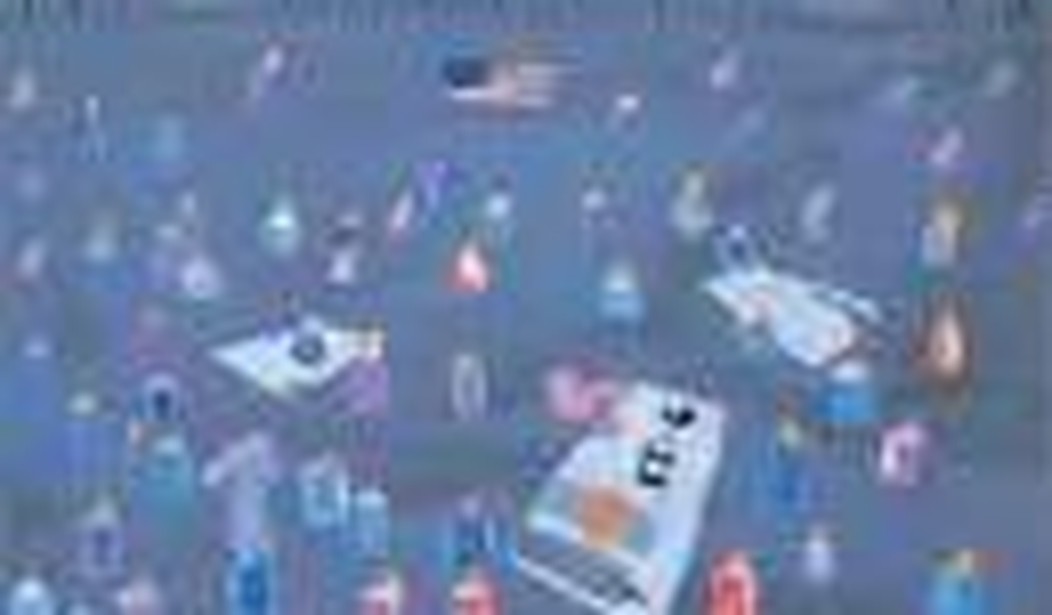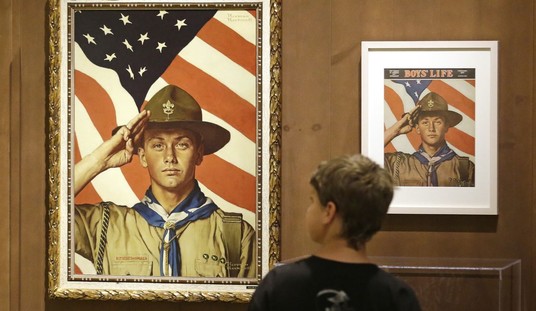On September 11, 2001, I woke up to reports that an airplane had crashed into the World Trade Center. A few hours later I was in front of my 5th grade class trying to explain the incomprehensible.
Many of my students had already seen television footage of the attacks while getting dressed or eating breakfast that morning. One boy asked me excitedly if I had seen “the huge explosion in the big building.” It wasn’t surprising that 10-year-olds would use the language of video games to try to make sense of something that shouldn’t happen in real life.
During the morning assembly our principal opted for more restrained language. She called what happened a “tragedy” not an attack, and spoke of those who “lost their lives” instead of those who were murdered. While no member of the faculty yet knew who had taken control of those planes, it was immediately clear to all that the nation was under attack. I’m not suggesting that elementary school students should have been made aware of this fact. Indeed, I did my best to make sure they felt as safe as possible. Protecting their innocence was the one thing that kept running through my mind.
Looking back on that day these many years later, I can’t help but wonder how teachers discuss the anniversary in their classrooms. (That’s assuming they mention it at all, which they didn’t do at my younger brother’s Los Angeles high school.) In many ways, their challenge is much greater than mine was. We now all know that 19 radical Islamists hijacked those planes that Tuesday morning with the intention of murdering as many innocent Americans as possible. We also know that terrorists are not hesitant about slaughtering children to further their goals. Are we doing the next generation more damage by shielding them from the reality that the Western world faces ruthless enemies?
Put another way, aren’t there basic facts that even children should know about the war that has been waged against us? For example, the British Broadcasting Corporation (BBC) explained 9/11 to children like this:
The way America has got involved in conflicts in regions like the Middle East has made some people very angry, including a group called al-Qaeda – who are widely thought to have been behind the attacks.
In the past, al-Qaeda leaders have declared a holy war – called a jihad – against the US. As part of this jihad, al-Qaeda members believe attacking US targets is something they should do.
When the attacks happened in 2001, there were a number of US troops in a country called Saudi Arabia, and the leader of al-Qaeda, Osama Bin Laden, said he wanted them to leave.
The BBC eventually took down the page after a barrage of media criticism. There is absolutely no way a child could read what the BBC published and not believe America deserved, even if just a little bit, to be attacked on 9/11.
Notice how al-Qaeda is described as a “group” — you know, like the Cub Scouts — that was minding its own business until America overstepped its bounds. The attacks themselves just magically “happened, ” as opposed to being committed by terrorists or, in BBC lingo, “members” of that previously described group. Children are also encouraged to note that Osama bin Laden even said he wanted U.S. troops to leave Saudi Arabia. (Did he say please, too?) Oh, and just to be sure the kids understand that evil Cheney and Bush just might have detonated a bomb or that the Mossad was behind the attacks, the BBC explains that al-Qaeda is only “widely believed” to be responsible.
It’s one thing not to needlessly scare children by telling them about all the evil out there in the world. It’s quite another thing to imply that if only America would change its ways, really bad people would no longer be a threat.
There are already enough children in the world today who believe that America and Israel are Big Satan and Little Satan. Recall the scenes of Palestinian children celebrating in the streets on 9/11.
Instead, we want our children to celebrate life. One of the most moving pieces of writing I read came from PJM’s Tel Aviv editor Allison Kaplan Sommer. She wrote on her website that she’d be celebrating on September 11 because that is the date of her 11-year-old son’s birthday. Her son was too young in 2001 to understand what happened on that day, but he knows now. Writes Sommer:
He’s not oblivious anymore. He knows exactly what happened on 9/11. And in his 11-year-old way, he thinks his birthday is kind of cool and likes people’s reaction when he asks them, “Do you know what my birthday is? I’ll give you a hint — something really, really terrible happened on that day!”
I’d feel more confident about the future if more children feel like Eitan Sommer does on his birthday: Loving life, but fully aware that there are some really bad people intent on taking it away.










Join the conversation as a VIP Member